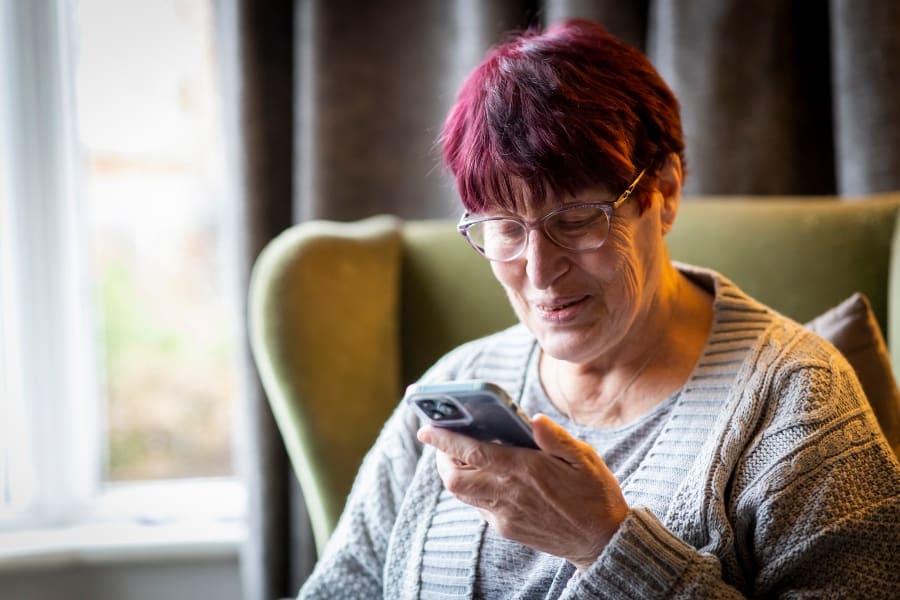Lincolnshire County Council to launch £1m pilot to enhance technology for vulnerable people
Lincolnshire County Council is planning a £1 million pilot to enhance access to technology and help vulnerable people stay independent in their homes.
The technology enabled prevention and care approach has already shown that support staff can introduce care technology into conversations with people who need support.
Technology helps to keep those in need of support fit and healthy, which helps to prevent them needing other support, including hospital services.
The council is pushing ahead with the £1m pilot to develop an enhanced service.
The enhanced service will be available to people with eligible care needs in homecare, residential care and supported living. It includes equipment, sensors and apps that can help put people in control of their own lives.
Technology can play a vital part in helping to avoid or reduce other care services. The following examples saw support staff sourcing suitable kit using the person’s direct payment:
A young adult with multiple sclerosis (MS) living independently previously received four homecare visits every day for personal care and other tasks. Using a smart speaker and video calling device have allowed him to keep in touch with his family; enabled them to check on his wellbeing; and increased both his and their confidence in his ability to live on his own. This meant that the number of care visits reduced from four to three per day, saving the county council £2,800 per year.
A recently widowed older man was living away from his family who were worried about his ability to cope on his own. Sensors were arranged for around his home and a video call device was able to give his family confidence in his independence and safety. This helped avoid residential care, saving the individual and his family £23,780 per year and the council, who pay a 50 per cent contribution, £23,000 per year.
As well as those eligible for care, technology solutions will also be promoted more widely for others who might want to pay for it themselves. Following the 18-month pilot the new service aims to be launched in spring, 2025.
Wendy Bowkett, Executive Councillor for Adult Care and Public Health, said: “Investment in technology support has shown it can have huge benefits for vulnerable people who want to live independently and it can also give their family and friends piece of mind.
“But there’s an opportunity to do much more and shift technology from marginal use to mainstream. Not only will this provide effective support in the home for residents who need it, but using technology can reduce or avoid the need for more costly and limited face-to-face care services.”
Recently, East Renfrewshire Council was awarded the Gold One Digital Telecare Implementation Award in recognition of the progress made on the analogue to digital telecare transition project.



